FELDA said to oppose Syed Mokhtar’s proposed injection of plantation assets into FGV
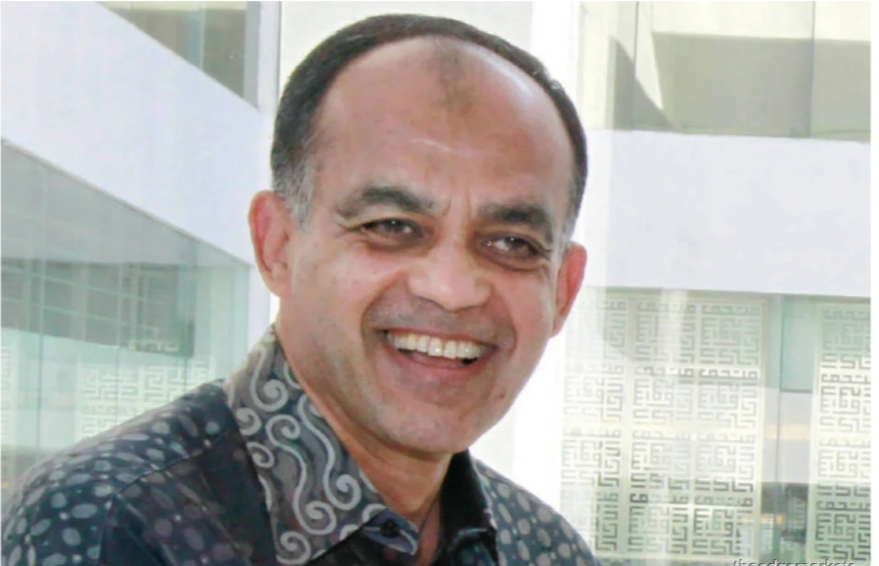 THE Federal Land Development Authority (FELDA) is understood to be opposed to businessman Tan Sri Syed Mokhtar Albukhary’s plan to inject his plantation assets into FGV Holdings Bhd, in which the government agency has a 33.66% stake.
THE Federal Land Development Authority (FELDA) is understood to be opposed to businessman Tan Sri Syed Mokhtar Albukhary’s plan to inject his plantation assets into FGV Holdings Bhd, in which the government agency has a 33.66% stake.
While details are scarce, a FELDA letter, understood to have been signed by chairman Datuk Seri Idris Jusoh, has been given to every FGV board member.
“The common practice is to send a letter to the company secretary, or just make it known at the EGM,” one person familiar with the matter says.
FELDA officials have indirectly stated such aspirations. Last Friday at a media briefing by FELDA on the plan to terminate the land lease agreement (LLA) with FGV, Tan Sri Abdul Wahid Omar, who is the chairman of a task force aimed at reviving FELDA, said that the government agency had “no intention to dilute the (33.66%) interests” it held in FGV. This came about when newsmen asked Abdul Wahid and FELDA chairman, Datuk Seri Idris Jusoh, what the agency would do with its 33.66% stake post the termination of the LLA.
To recap, FGV had received an expression of interest from Syed Mokhtar’s private vehicle, Perspective Lane (M) Sdn Bhd (PLSB), on Oct 13, “to participate in FGV via an injection of plantation assets into FGV, for share consideration. (After which) PLSB would potentially become the single largest shareholder of FGV”, FGV’s announcement had said.
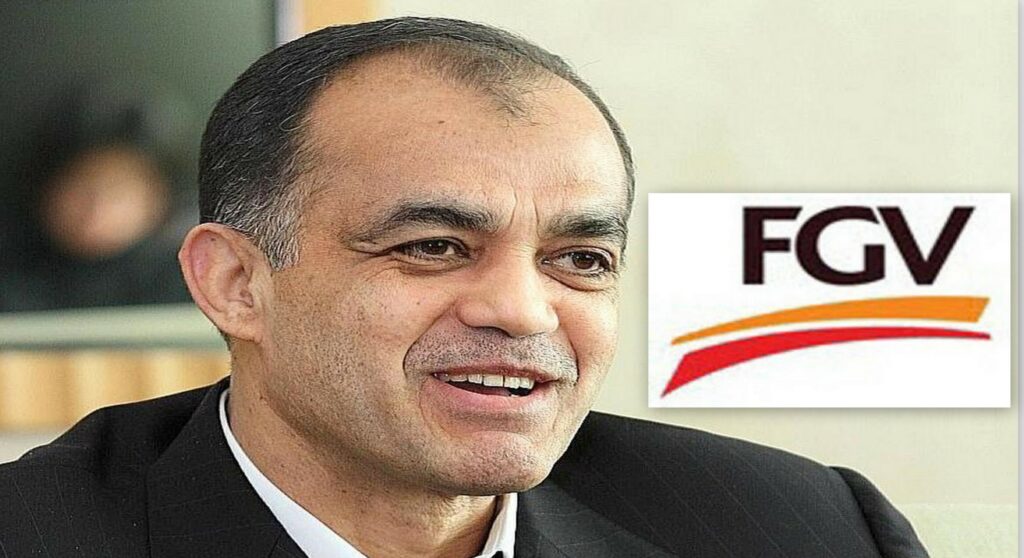
The FGV board, meanwhile, has resolved to explore and evaluate the proposition.
PLSB’s plantation assets are parked under Tradewinds Plantation Bhd. Also under PLSB is Central Sugars Refinery Sdn Bhd (CSR), one of the two large sugar refiners in Malaysia. The other is MSM Malaysia Holdings Bhd, which is a 51% unit of FGV.
If PLSB’s injection of Tradewinds Plantation results in Syed Mokhtar taking more than 51% equity interest of the merged plantation entity, it would give him control of MSM as well.
Tradewinds Plantation, for its financial year ended December 2018, chalked up an after-tax profit of RM973.57 million from RM2.50 billion in revenue, according to filings with the Companies Commission of Malaysia. As at end-2018, Tradewinds Plantation had total assets amounting to RM6.57 billion and total liabilities of RM3.08 billion.
For its six months ended June 2020, FGV suffered an after-tax loss of RM121.8 million from RM6.08 billion in revenue. It is noteworthy that for the second quarter of FY2020, FGV turned the corner, posting RM20.55 million in net profit from RM3.3 billion in turnover.
As at end-June 2020, FGV had deposits, cash and bank balances of RM1.84 billion and short and long-term borrowings of RM3.11 billion and RM881.97 million respectively. FGV, as at end-June this year, had accumulated losses of RM3.01 billion. Its total assets came to RM17.9 billion while liabilities stood at RM12.03 billion.
Nevertheless, FGV’s existing plantation land bank could be substantially reduced as FELDA is looking to terminate the LLA with FGV. The LLA, which was signed prior to FGV’s flotation exercise in 2012, involves 350,733ha of plantation land that was leased to FGV for 99 years from Nov 1, 2011.
For the LLA termination, FGV’s compensation is to be calculated based on the average profit per mature hectare for the entire leased land (based on its latest audited financial statements at the point of notice) multiplied by the loss of FGV’s future profits. FGV would be compensated for 10 years of future profits should the LLA be terminated less than eight years from the last replanting, or five years of future profits should the agreement be terminated more than eight years after the last replanting.
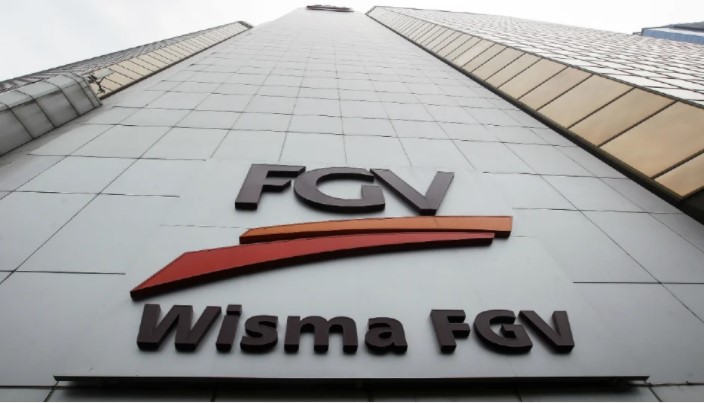
The LLA termination would leave FGV with 88,497ha of plantation land and 68 palm oil mills.
Abdul Wahid, however, says that FELDA is also keen to take over FGV’s palm oil mills. “Officially, under the terms of the LLA, there is a notice that is to be issued that will be done together with the discussions, together with the taking over of the mills, as we are not just about the plantation but also the mills, and that will have to be discussed. So we are taking a holistic approach to discuss both,” he says.
FGV’s palm oil mills are parked under FGV Palm Industries Sdn Bhd. As at end-December 2019, FGV Palm Industries registered an after-tax profit of RM133.3 million from RM4.62 billion in revenue. As at end-2019, FGV Palm Industries had total assets of RM2.75 billion and liabilities of RM759.98 million.
According to an announcement by FGV last week, the expected compensation amount due to FGV as a result of the LLA termination may range from RM3.5 billion to RM4.3 billion based on an internal assessment, which will vary depending on FGV’s financial performance for 2020 and 2021, and other factors.
Abdul Wahid, however, says, “The LLA provides for clear compensation. Based on our computation, it is substantially less than what was mentioned (by FGV), but we don’t want to get into that discussion, until we have discussed (it) with FGV.”
FGV had spent RM300 million a year over the last eight years or RM2.4 billion in total on replanting exercises; RM250 million to RM300 million a year, or between RM2 billion and RM2.4 billion in total, in fertiliser costs for the eight years of the LLA; RM270 million in housing costs for plantation workers; and RM590 million in salaries for the workers.
At the time of FGV’s IPO in 2012, when the LLA was signed, 36% of FGV’s plantations were between 21 and 25 years and 16.9% was over 25 years. Put another way, more than 53% of FGV’s trees were considered old, or above 20 years. FGV has since brought down the average age of the oil palms on its estates to 13.2 years, via replanting exercises that are set to go on until 2026.
FELDA, meanwhile, has announced that it is looking to raise RM9.9 billion in government guaranteed sukuk but this will largely be used to address RM10.6 billion in existing debt.
Note that FELDA had made RM5.7 billion from the listing of FGV in 2012. FGV, meanwhile, says that it has paid out RM2.5 billion to FELDA from 2012 to 2019 as part of the LLA agreement, which requires it to pay RM248 million and 15% of the operating profit from LLA land.
While FELDA is terminating the LLA with FGV, the government agency is still the single largest shareholder of FGV with 33.66% , which means it is in a good position to thwart Syed Mokhtar’s asset injection proposal, as a 51% majority is required for the exercise to go ahead.
Hence, questions have been raised, such as why FELDA is looking to come out with such large sums when FGV’s market capitalisation is below RM4 billion. It is noteworthy that FELDA, with other government agencies, have about 73% equity interest in FGV.
Abdul Wahid declined to comment on the possibility of FELDA privatising FGV, which could be considerably cheaper than paying compensation and paying additional sums that could amount to billions for FGV’s mills.
While FELDA has proposed to issue debt paper to raise RM9.9 billion, will it be able to do so at an attractive enough coupon rate to entice investors?
Some feel that FELDA is only at the stage where it is raising funds to enable the termination of the LLA, and that there should be more certainty before public announcements are made. Statements by FELDA officials, such as the agency turning the corner by 2023, have also been queried. Others have asked how the FELDA settlers will benefit and if the plan is just a political chess game as the they control as many as 54 parliamentary constituencies, or almost a quarter of the 222 seats in total.
There could also be legal implications with FELDA terminating the 99-year LLA after a mere eight years without any seemingly strong reasons. The Edge

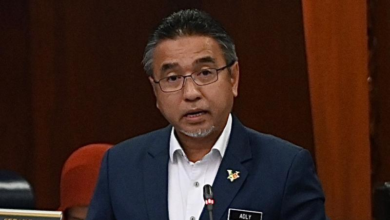


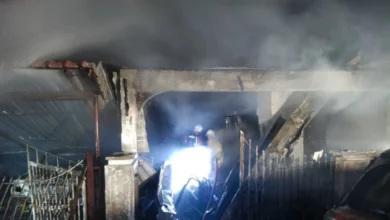
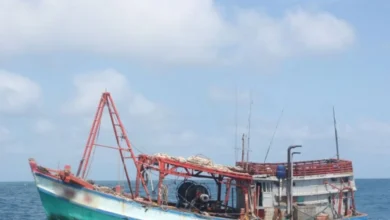
You must be logged in to post a comment.